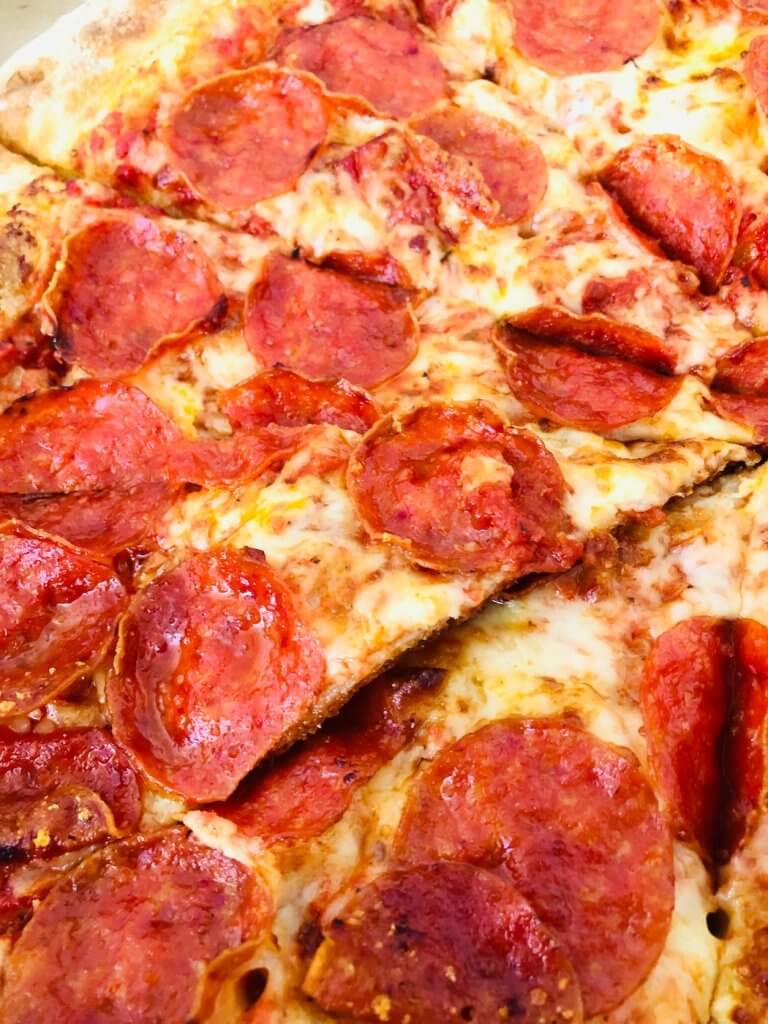Religious Diets: When Do They Lead to Lawsuits?
November 15th, 2024

Today, numerous religious groups follow their own unique dietary restrictions. Some are better known than others, but all of these dietary guidelines represent legitimate aspects of religious beliefs. Many food producers and restaurants cater to these religious diets, offering plenty of options for people from all walks of life. But what happens when these dietary restrictions are not respected? Could this lead to a religious lawsuit in the United States?
Lawsuits Over Halal Religious Diets
One example of religious diets is the Muslim adherence to halal meals. In the Islamic world, the word “halal” means lawful, and refers to anything that Muslims are allowed to eat or drink. Although the guidelines are extensive and complex, non-halal prohibited foods include pigs, carnivores, reptiles, rodents, and birds of prey. The remaining animals must go through a specific butchering process before they can be eaten by Muslims. In addition, alcoholic drinks are not halal.
So when might this lead to a lawsuit? In October of 2024, it was reported that the State of Ohio had settled a lawsuit involving a Muslim who was served a problematic halal meal. The state previously argued that a requirement to serve halal and kosher meals would have been an undue hardship and a strain on its natural resources. Another notable lawsuit in 2017 involved a customer who sued a pizza company for falsely labeling pepperoni as “halal” when, in fact, it contained pork.
Lawsuits over Kosher Foods
Another one of the more popular religious diets is followed by Jewish people, who must always consume “kosher” foods and drinks. Like the halal system, this set of guidelines is quite complex. However, there are a few simple concepts to understand: Meat must be prepared in a specific way, and pork is not allowed. In addition, meat from rabbits, camels, and horses is forbidden. Even if the animal is kosher, cuts from its hindquarters are not. Another notable restriction involves mixing certain foods – including dairy and meat products.
Kosher lawsuits are relatively common. In 2024, JetBlue was sued for serving a snack that was falsely labeled as “kosher.” Throughout the years, many inmates across the country have also sued for being refused kosher meals. That being said, some Jews follow dietary laws closer than others. In fact, one source states that “most modern Jews” do not follow the Torah’s dietary laws. This could prove to be a factor in kosher lawsuits, as plaintiffs generally must prove that their diet stems from a “sincerely held religious belief.”
Is Veganism among the Religious Diets?
Another notable dietary restriction involves veganism, but many argue that this has nothing to do with religion. Generally speaking, a religion should involve a belief in a supernatural deity in order to gain recognition under US law. Because veganism lacks this belief, one might assume that it can never be a religion.
However, this might not be as clear-cut as some think. In 2020, a landmark decision in the EU gave a vegan the same protections as a religious individual. This case involved a vegan man who had been fired because he complained about his pension fund being invested in animal testing. He successfully sued the company, arguing that he had been fired because of his vegan “religion.” In other words, the European court found that he had been fired on the basis of his vegan beliefs.
Keep Informed with the Universal Life Church
Each month, various cases test the nature of religious rights in this country. While the basis for many religious rights is the United States Constitution, there are still countless cases that question the exact nature of these rights. The Universal Life Church’s blog is focused on documenting the most noteworthy of these cases in an objective manner that can be easily understood by readers.


